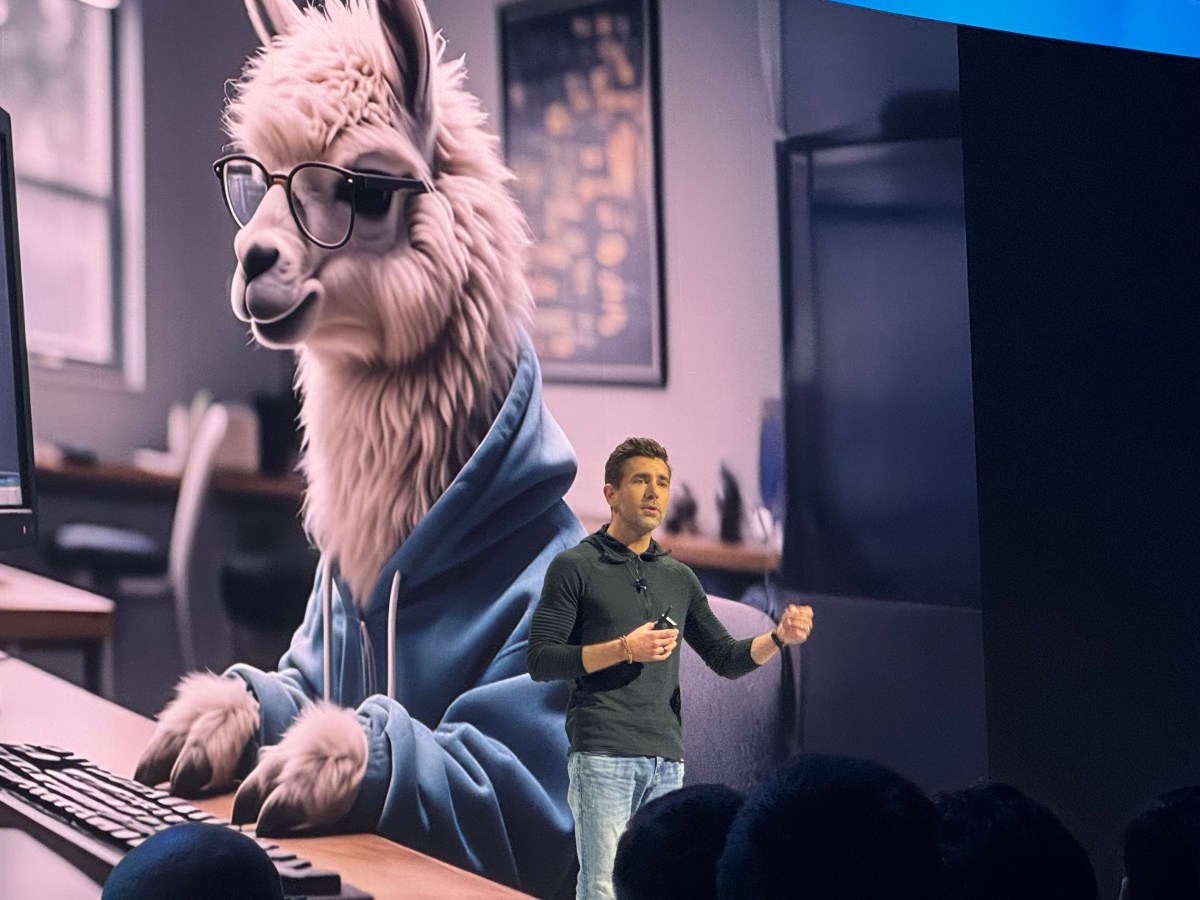LlamaCon: Meta's Bold Bid to Challenge OpenAI's Dominance in the AI Arena
Meta's recent LlamaCon event wasn't just another tech conference; it was a carefully orchestrated declaration of war – a direct challenge to OpenAI's seemingly unassailable position in the generative AI landscape. By making its Llama 2 large language model (LLM) open-source, Meta is aiming to disrupt the market and foster a more collaborative, open approach to AI development. But is this a genuine attempt at democratizing AI, or a cleverly disguised strategic maneuver to gain a competitive edge?
Llama 2: Open-Source and Ready to Rumble
The centerpiece of LlamaCon was undoubtedly the launch of Llama 2. Unlike many proprietary LLMs, Llama 2 is freely available for research and commercial use, subject to certain licensing terms. This open-source approach stands in stark contrast to OpenAI's strategy, which focuses on a closed-source, API-driven model with access controlled through subscription tiers.
This move has significant implications:
- Increased Accessibility: Researchers and developers now have free access to a powerful LLM, fostering innovation and experimentation across a wider range of applications.
- Enhanced Transparency: Open-source models allow for greater scrutiny and analysis, potentially identifying and addressing biases and vulnerabilities more effectively.
- Faster Development: The collaborative nature of open-source development can lead to quicker improvements and bug fixes compared to proprietary models.
- Potential for Customization: Businesses can tailor Llama 2 to their specific needs without relying on a single provider's API.
Meta's Strategic Gambit: A Calculated Risk?
While the open-source nature of Llama 2 is presented as a philanthropic endeavor, it's hard to ignore the strategic benefits for Meta. By offering a competitive alternative to OpenAI's GPT models, Meta aims to:
- Expand its AI Ecosystem: Llama 2 could become the foundation for a wide range of applications and services, solidifying Meta's position within the burgeoning AI industry.
- Attract Talent: Open-source projects often attract a vibrant community of developers, which could benefit Meta by attracting top talent.
- Challenge OpenAI's Monopolistic Tendencies: By offering a free and accessible alternative, Meta aims to curb OpenAI's dominance and promote greater competition.
- Gather Real-World Data: Wider adoption of Llama 2 will generate invaluable real-world data, which can be used to further refine and improve the model.
The Bigger Picture: The Future of AI Development
LlamaCon represents a pivotal moment in the ongoing evolution of AI. Meta's bold move to open-source Llama 2 has the potential to reshape the AI landscape, accelerating innovation and democratizing access to powerful technology. However, challenges remain, including the potential for misuse and the need for robust ethical guidelines to govern the development and deployment of open-source LLMs.
The long-term implications of this strategy are still unfolding, but one thing is clear: Meta's challenge to OpenAI's dominance is a significant development with far-reaching consequences for the future of AI. The coming years will be crucial in determining whether Llama 2’s open-source approach truly revolutionizes the industry or simply becomes another chapter in the ongoing battle for AI supremacy.
Further Reading:
- (Replace with actual link)
- (Replace with actual link)
Call to Action: What are your thoughts on Meta's open-source strategy? Share your opinions and predictions in the comments below!

